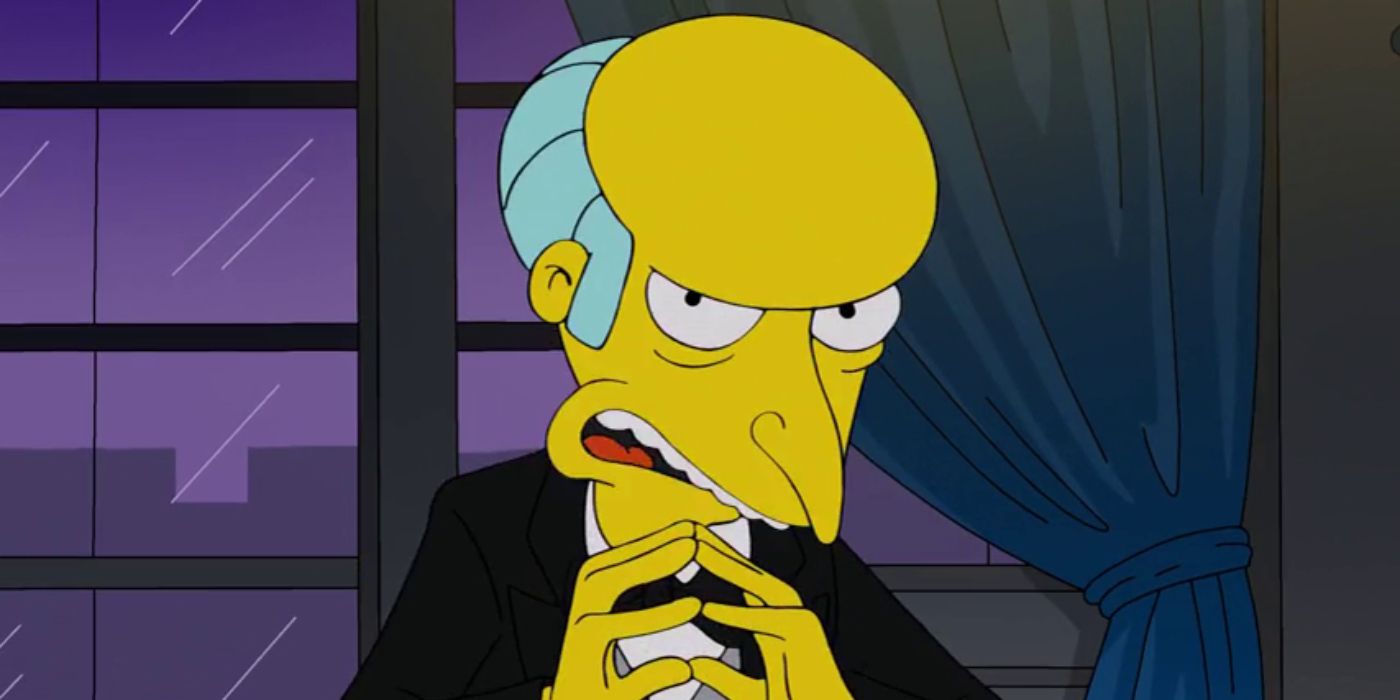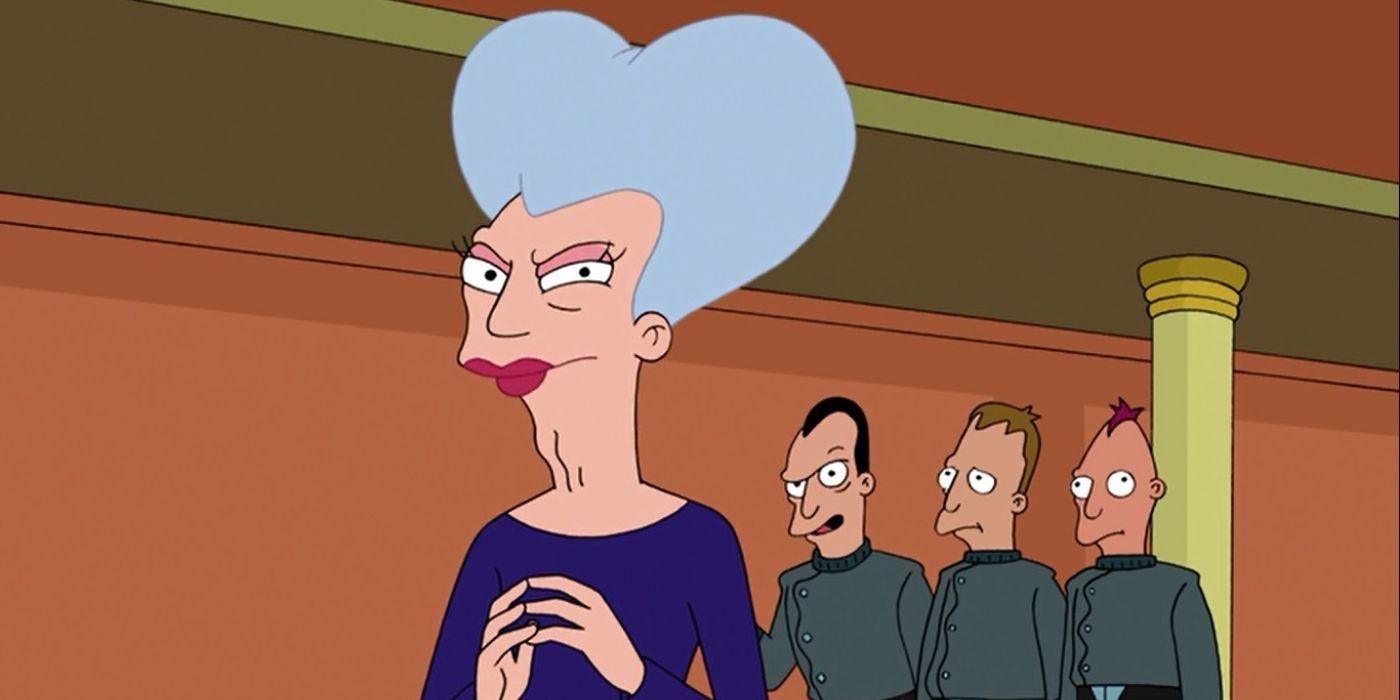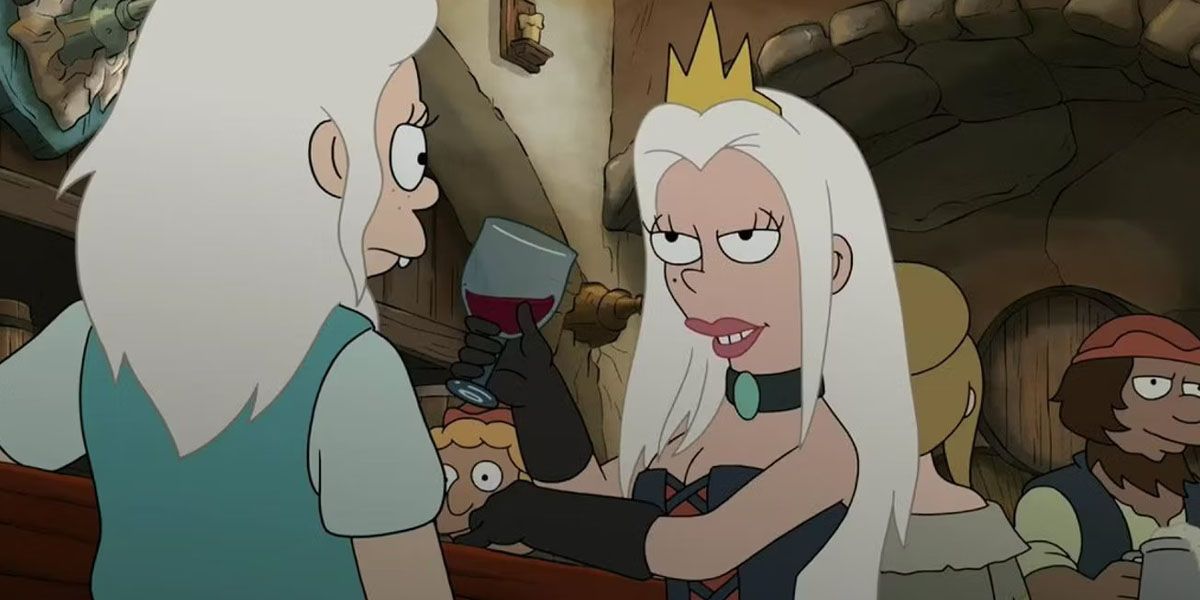The works often associated with Matt Groening have had an amazing impact on pop culture. The Simpsons — a show he created that quickly evolved into a phenomenon — has served as the inspiration for many modern creators. Shows he co-created with David X. Cohen, like Futurama and Disenchantment, have brought unique settings to life with strange but endlessly human characters. As different as they may seem on paper, though, they all speak to the same core principles.
Despite taking place all across wildly different settings, the writing staff of the three shows that Matt Groening was involved in the creation of — The Simpsons, Futurama, and (the soon-to-conclude) Disenchantment — all share a similar core theme. Each show is quietly about the working class finding purpose and joy together in their bittersweet struggle against the cruel and wealthy. It speaks to an underlining message shared between some of modern animation’s most influential shows and highlights the importance of understated empathy over individual wealth.
What The Simpsons, Futurama, & Disenchantment’s Villains Have in Common
The Simpsons is set in modern-day America, while Futurama and Disenchantment fuse modern tropes with more outlandish genres like sci-fi and fantasy, respectively. All three shows embrace a blend of goofy comedy and bittersweet romanticism to the reflection of life’s different shades. All three shows also feature unique villains that serve similar overarching antagonism in the form of the wealthy and powerful. In The Simpsons, Mr. Burns is the richest man in Springfield, a cruel and overtly evil business tycoon who has twisted the world around his finger. In Futurama, Mom is a universal-level capitalistic powerhouse with a vicious streak that’s seen her casually admit she’s evil. In Disenchantment, there are numerous such figures of ambitious roadblocks for Bean and her friends, but the most dangerous is her mother, Queen Dagmar, a ruthless sorceress with no empathy for anyone — especially her daughter, who she treats as a pawn in her plans for power.
In all three shows, these figures serve as major threats to the central characters by hoarding levels of authority and ingrained power over them. Homer is forced to work for Mr. Burns to provide for his family, with his efforts to find other work only lasting an episode at a time. Mom’s plans have been thwarted by the Planet Express Crew repeatedly, but they always fail to put a dent in her ever-adapting business empire. All of Bean’s attempts to escape her mother’s plans have only benefited Dagmar’s schemes, setting her up as the show’s true overarching villain.
The Tragedy of Burns, Mom, and Dagmar
In all three shows, these upper-class figures are shown to carry a disdain for those underneath their social class and in their way. Burns uses his employees as (literal) objects, Mom casually threatens lives, and Dagmar has left her family to die as part of her plans. Although they can be used in different approaches — Burns works as a cutting piece of modern satire, while Dagmar is a more specific take on the epic fantasy villain — in all three shows, these wealthy and powerful retain their resources even in defeat. Despite the best efforts of the show’s respective heroes to change them or get justice from them, these antagonists retain their power.
But all shows stress how the regular people targeted by the wealthy find far more fulfillment with much less. Multiple episodes of The Simpsons have highlighted how isolated Mr. Burns has been left due to his miserly ways, openly pining after the life led by people like Homer. Mom is repeatedly shown to be alone and bitter about her failed romance with Prof. Farnsworth and sadly acknowledges to her sons that she doesn’t even really know why she wants to take over the world. Dagmar fully embraces the villainy, sacrificing any semblance of humanity in lieu of gaining more power, even as it leaves her increasingly monstrous. While Burns can be occasionally humanized, and Mom’s internal sadness has been the focus of multiple episodes, Dagmar highlights just how awful someone can become if they accept the pursuit of pure ambition without any humanity.
The Shared Theme of the Shows Connect to Matt Groening
By contrast, the central characters of The Simpsons, Futurama, and Disenchantment may never gain the full riches they desire or the power they want, but by remaining grounded in their real world, they find joy. The Simpsons family, in particular, has revisited this theme repeatedly with over 140 writers across the last thirty-plus years of mainstream animation. Across generations of creatives, the core themes through various genres have focused on finding fulfillment in others and rejecting those that horde wealth. The stunted ambitions of Homer always melt away into quiet contentment with his home life. Farnsworth and Zoidberg may have been forced to give security and success with Mom, but they’ve found a sense of camaraderie together and with the Planet Express Crew that Mom can’t match with her own children. Disenchantment has highlighted Bean’s efforts to connect with the world around her rather than simply rule over them has made her a more noble, fulfilled person. This thematic commitment to the bonds of family — found and by blood — has made the characters happy in a way that the show’s antagonists can never match.
Considering the scale of these shows — particularly The Simpsons — for so long, it’s worth noting how they share a common powerful thematic core. Despite the setting, context or genre, those focused on conquering overwhelming wealth and power can not find happiness between the central characters and their loved ones. These characters may win small victories or amass more power. But in doing so, they remain unredeemed and ultimately alone in Bean’s constantly evolving fantasy realms, Futurama’s expansive sci-fi setting, or The Simpsons’ bombastic approach to an ever-evolving society. Sometimes, it can be the Nuclear Power Plant uniting in a strike (that bears striking similarities to the current strikes in the entertainment industry against the AMPTP). In others, it can be the people of Dreamland fighting for their lives against the armies of Dagmar. In all three shows, though, the bonds between people prove more enduring and important than any amount of wealth in the hands of the powerful.




